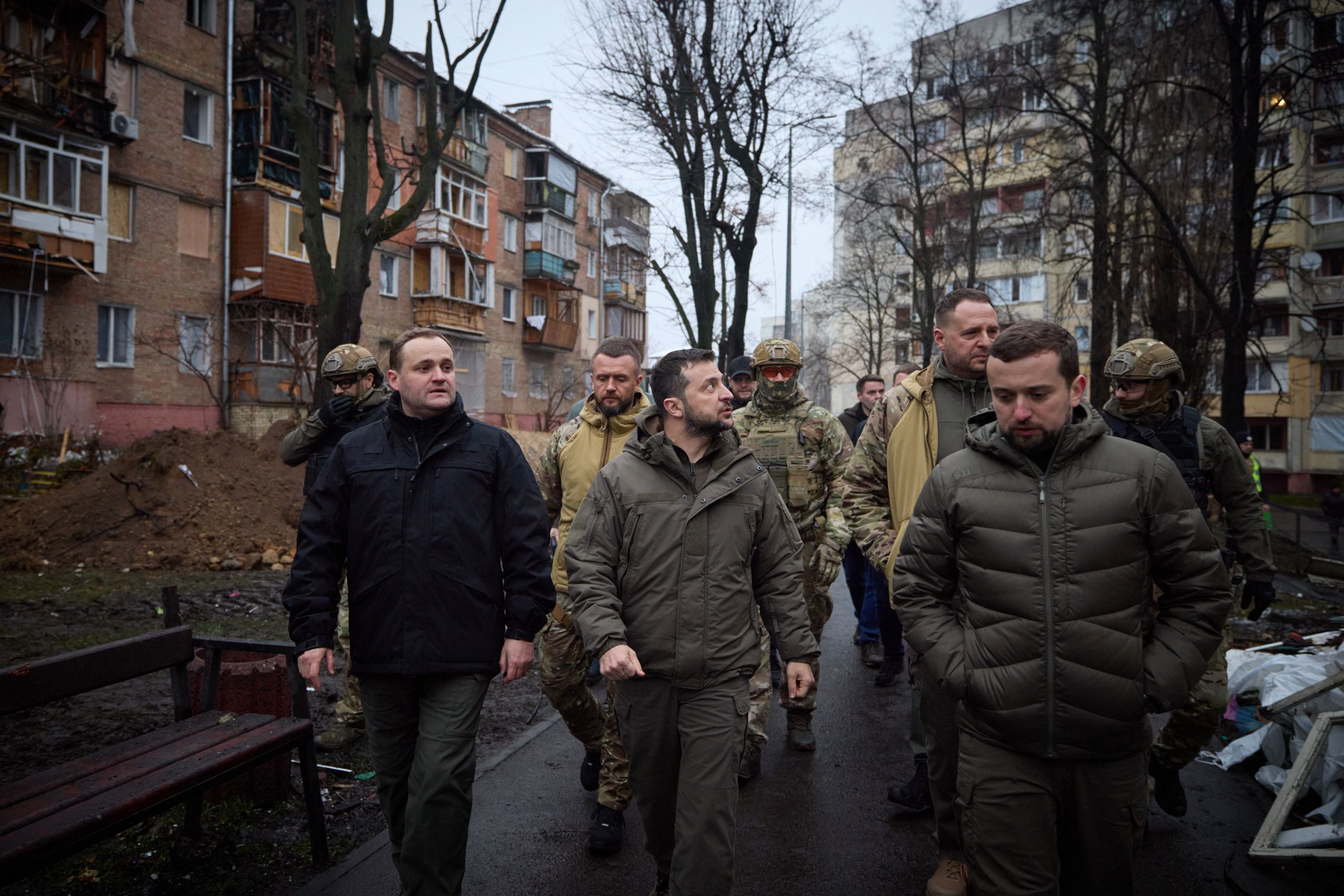Putin’s weapon stock ‘depleted’ as Russia ‘firing old nuclear missiles with warheads removed’
Kremlin almost certainly hoping such missiles ‘will function as decoys’, UK claims
Your support helps us to tell the story
From reproductive rights to climate change to Big Tech, The Independent is on the ground when the story is developing. Whether it's investigating the financials of Elon Musk's pro-Trump PAC or producing our latest documentary, 'The A Word', which shines a light on the American women fighting for reproductive rights, we know how important it is to parse out the facts from the messaging.
At such a critical moment in US history, we need reporters on the ground. Your donation allows us to keep sending journalists to speak to both sides of the story.
The Independent is trusted by Americans across the entire political spectrum. And unlike many other quality news outlets, we choose not to lock Americans out of our reporting and analysis with paywalls. We believe quality journalism should be available to everyone, paid for by those who can afford it.
Your support makes all the difference.Vladimir Putin’s weapons arsenal is so “depleted” that Russia appears to be removing the nuclear warheads from ageing cruise missiles and firing the unarmed munitions at Ukraine, the UK has said.
Aside from the impact caused by the speed of the missiles and the combustion of any unspent fuel, such weapons are unlikely to achieve reliable effects against Moscow’s intended targets, the Ministry of Defence said in an intelligence update.
The Kremlin is almost certainly hoping that such missiles “will function as decoys and divert Ukrainian air defences”, London believes.
Whatever Moscow’s intent, “this improvisation highlights the level of depletion in Russia’s stock of long-range missiles”, the ministry said on Saturday.
The department cited open-source footage showing the wreckage of an AS-15 Kent air-launched cruise missile, designed in the 1980s exclusively as a nuclear delivery system and apparently shot down in Ukraine.
The claims come as Kyiv accused Russia of incessantly shelling Kherson – the only regional capital seized by Russia during its invasion, which it abandoned earlier this month. The head of the local administration said on Friday that 15 people had been killed and 35 wounded in six days.
Meanwhile, Ukraine’s four nuclear power plants were reconnected to the grid on Friday after they all lost off-site power for the first time in the nation’s history as a result of Russian attacks, according to the UN’s International Atomic Energy Agency (IAEA).
That included the Zaporizhzhia plant – Europe’s largest – which was seized by Russia early in Mr Putin’s nine-month war, and Chernobyl, the site of the world’s worst nuclear accident.
Despite Ukrainian authorities reporting that they were gradually restoring power on Friday, the country’s grid operator said that 30 per cent of electricity supplies were still offline, leaving some six million people without energy.
The situation led the UN human rights chief Volker Turk to warn that “millions are being plunged into extreme hardship and appalling conditions of life”.
In his nightly video address, Ukraine’s president Volodymyr Zelensky pleaded with residents to use energy sparingly, saying: “If there is electricity, this doesn’t mean you can turn on several powerful electrical appliances at once.”

And in a rare divergence from unity, Mr Zelensky criticised Kyiv’s mayor Vitali Klitschko for what he alleged was a poor job setting up emergency shelters to help those left without power and heat in the wake of Russian attacks.
Although the number of Ukrainians without power was now said to be half of the 12 million experiencing blackouts a few days before, Mr Zelensky said: “Unfortunately, local authorities have not performed well in all cities. In particular, there are a lot of complaints in Kyiv. To put it mildly, more work is needed.”
Many of the capital’s residents had been without power “for more than 20 or even 30 hours”, Mr Zelensky said, calling for “quality work” from the mayor’s office and saying: “Please be more serious.”
In Moscow, Mr Putin held a televised meeting with the mothers of soldiers, where he claimed to share their pain and said “the main guarantee of our success is our unity”, adding: “Russia is first and foremost about people, their culture, their traditions, their history, which is passed down from generation to generation and absorbed with mother’s milk.”



Join our commenting forum
Join thought-provoking conversations, follow other Independent readers and see their replies
Comments